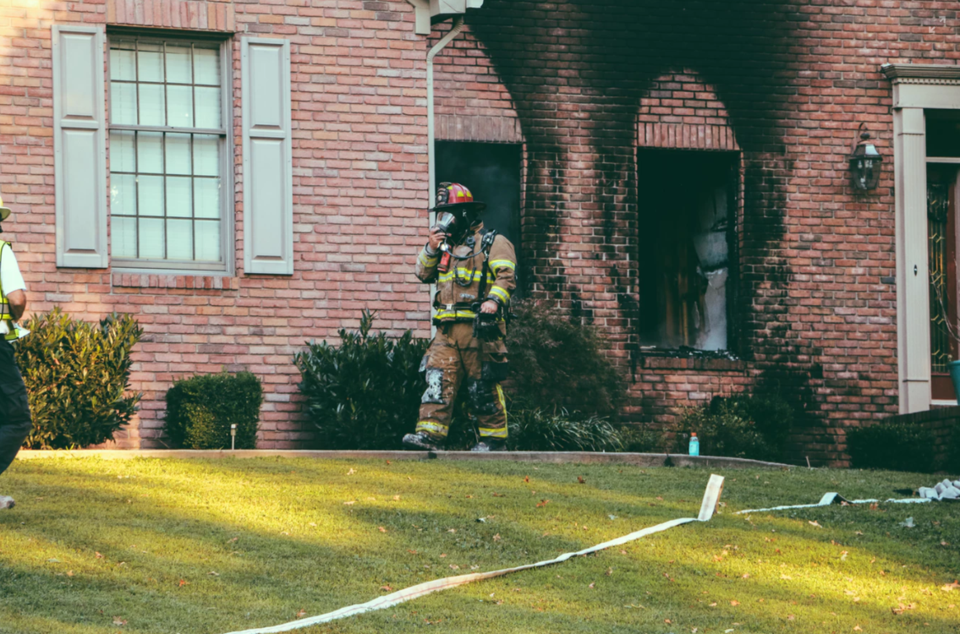According to a new report from Medavie, families of military and first responders living with post-traumatic stress (PTS) often don't receive enough support.
Medavie hosted a roundtable earlier this year that included Wounded Warriors Canada, the Vanier Institute of the Family, and the Mental Health Commission of Canada, with the goal of researching and understand what individuals go through when dealing with someone who has PTS.
We recently hosted a PTS roundtable with partners @WoundWarriorCA, @MHCC_ and @VanierInstitute focused on first responder and military families. Read key insights from the discussion here: https://t.co/aDdSLAEzAd #PTS #mentalhealth pic.twitter.com/GvoBB4f0eM
— Medavie (@Medavie) August 27, 2019
Awareness of post-traumatic stress among first responders and military has grown over the years, however, family members face pressures themselves and need assistance as well.
"We know that an individual [suffering from PTS] has people around them. It might be their parents, it might be a spouse or partner or children, and it's those people that we wanted to really understand," said Nora Spinks, CEO of the Vanier Institute of the Family.
The group created three priority strategies to help family members, this includes awareness of PTS, improvements to care and access to support.
"If [families] are strong, resilient, informed, educated and supported then they intern can support the person who is living with PTS," added Spinks. "There is a ripple effect in both directions."
The term PTS is being used because Spinks says it's a more inclusive term, compared to PTSD which is a clinically diagnosed condition.
Medavie is planning to hold another roundtable with the same experts to continue its discussion on PTS.
- OttawaMatters.com/Rogers Media
